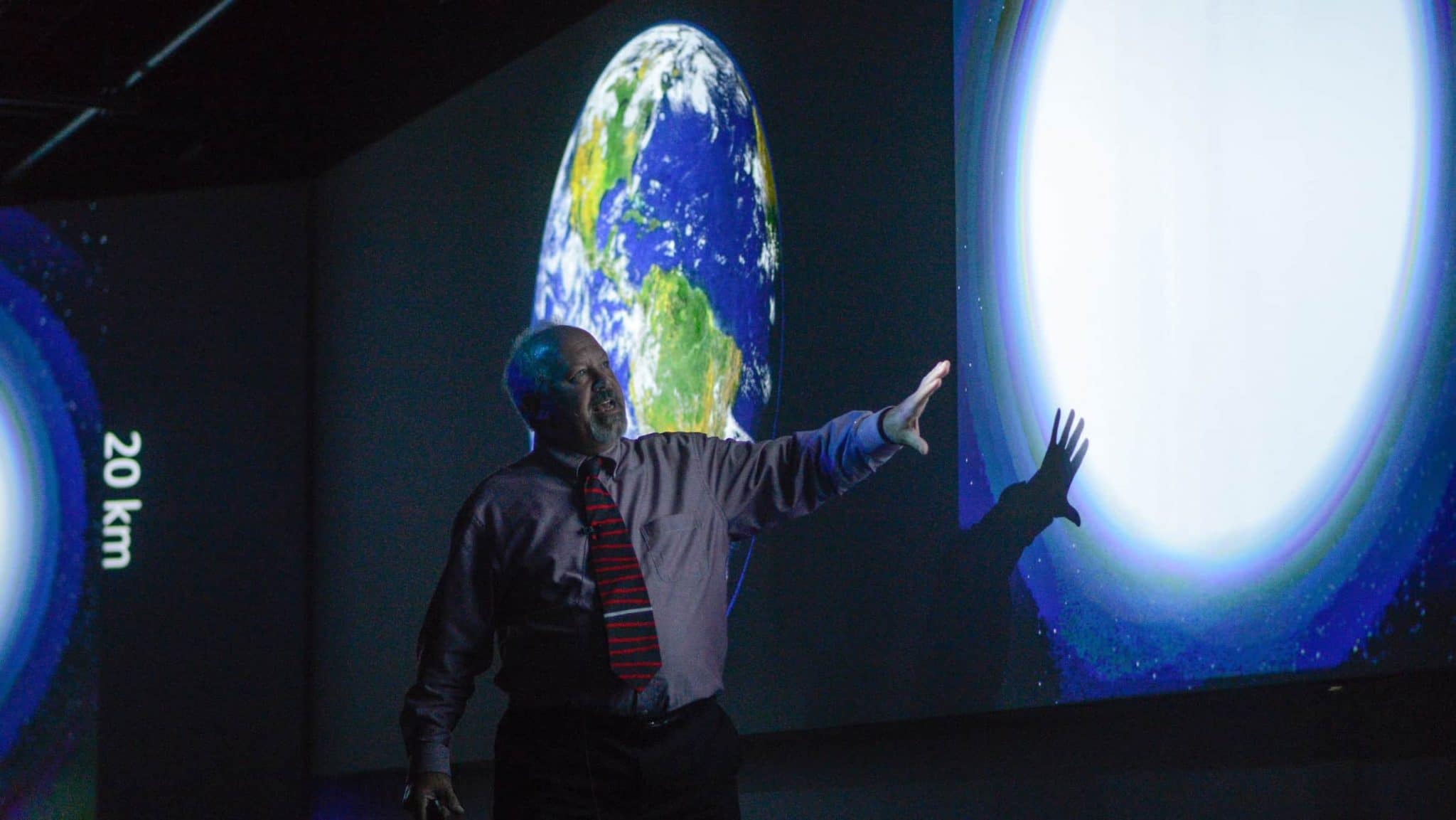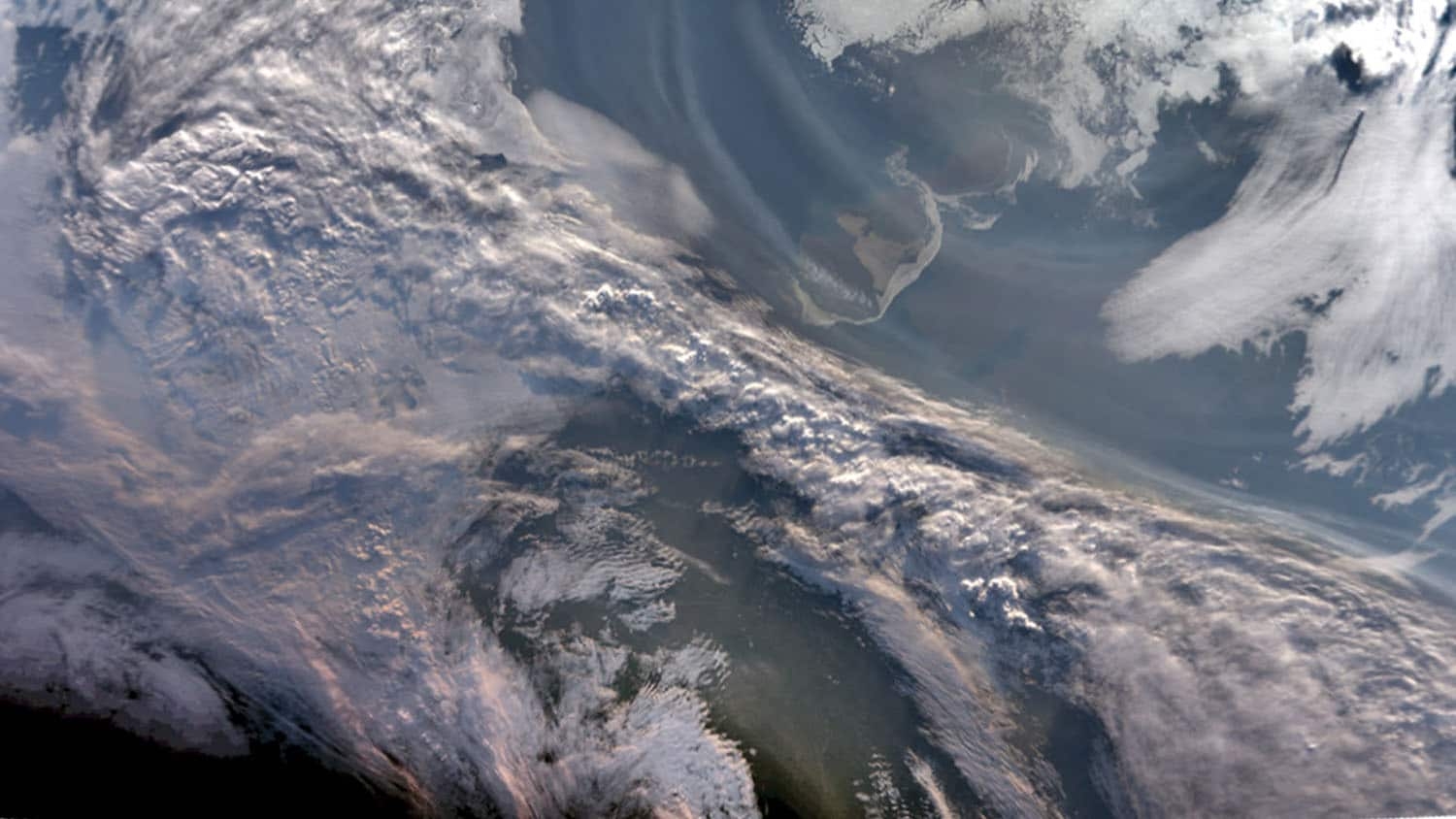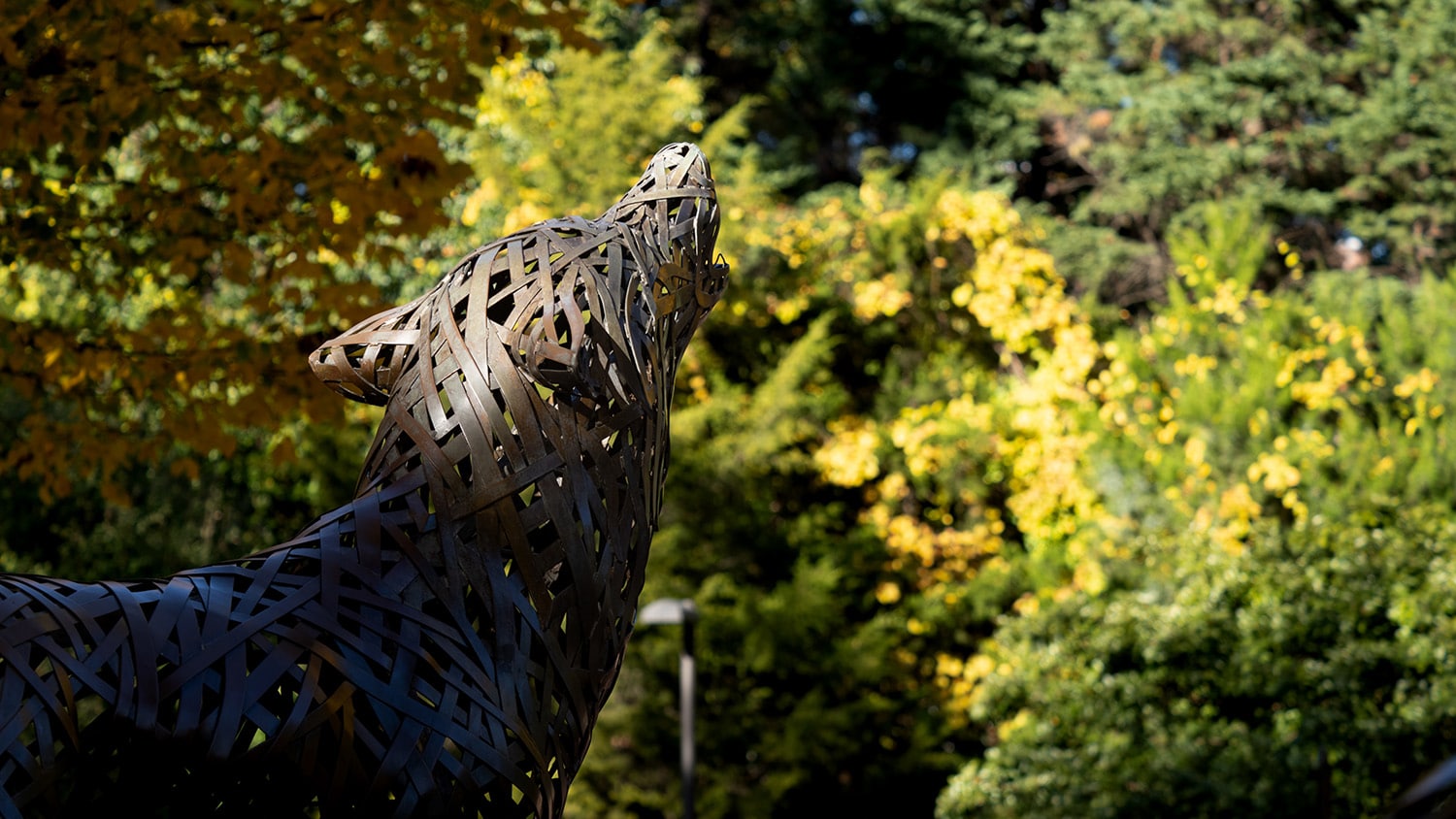Blondin Named Senior Associate Dean for Administration

John Blondin, an internationally prominent astrophysicist, has been named the new senior associate dean for administration in NC State’s College of Sciences, effective June 11.
Blondin has been on the NC State faculty since 1993. He had been serving as the college’s associate dean for research since 2016 and previously served four years as head of the Department of Physics. He is also an NC State Alumni Distinguished Undergraduate Professor.
As senior associate dean for administration, Blondin will serve as second-in-command to Dean Chris McGahan. He will focus on faculty affairs, such as start-up and retention packages and reappointment, promotion and tenure decisions; facilities coordination; and advancing the strategic priorities of the college. He will work collaboratively with administrative and academic leaders across the college and the university.
Blondin’s research focuses on computational gas dynamics, with applications to interacting binary stars, accretion disks around compact objects, planetary nebulae, supernovae and supernova remnants. His work places a strong emphasis on the dynamics of shock waves. He discovered the nonlinear thin-shell instability and the spherical accretion shock instability, the latter of which may aid in driving supernova explosions. He also co-authored the hydrodynamics code VH-1, which is widely used in the astrophysics community.
His research and teaching honors include the Cottrell Scholar Award, the National Science Foundation Early Career Development Award and NC State’s Outstanding Teacher Award. In 2009, he was named a fellow of the American Physical Society. In 2016, he was named a fellow of the American Association for the Advancement of Science, which noted his distinguished contributions to astrophysics and physics education, particularly in supernovae and supernova remnants.
Blondin received a bachelor’s degree in physics from the University of Wisconsin and a master’s degree and doctorate in astronomy and astrophysics from the University of Chicago. He also completed postdoctoral research at NASA’s Goddard Space Flight Center, the University of Virginia and UNC-Chapel Hill.
- Categories:


